Disrupting hunger: the WFP on saving lives through innovation
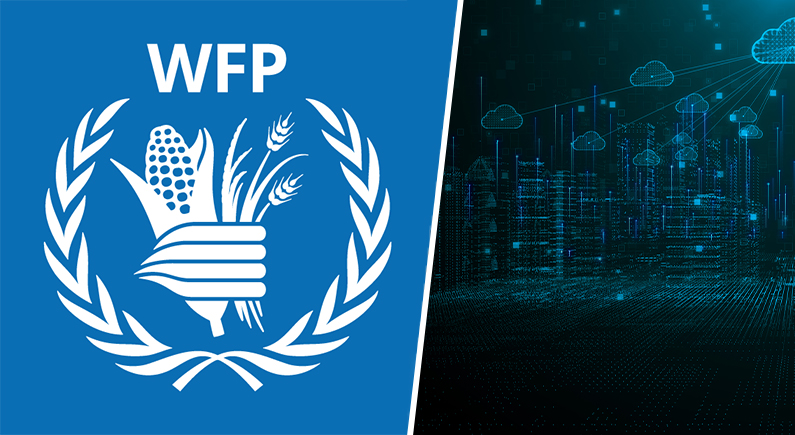
“If we can conquer space, we can conquer childhood hunger.”
Buzz Aldrin
The fight against hunger has been a defining one for the human species. Ever since our inception, one of our most powerful motive forces has been the need to sustain ourselves. In the modern day, with the onset of the Green Revolution, hunger has become as much a technological issue as it is a humanitarian one. Unfortunately, the fight to save lives lost to malnutrition seems to be one we are on the backfoot of.
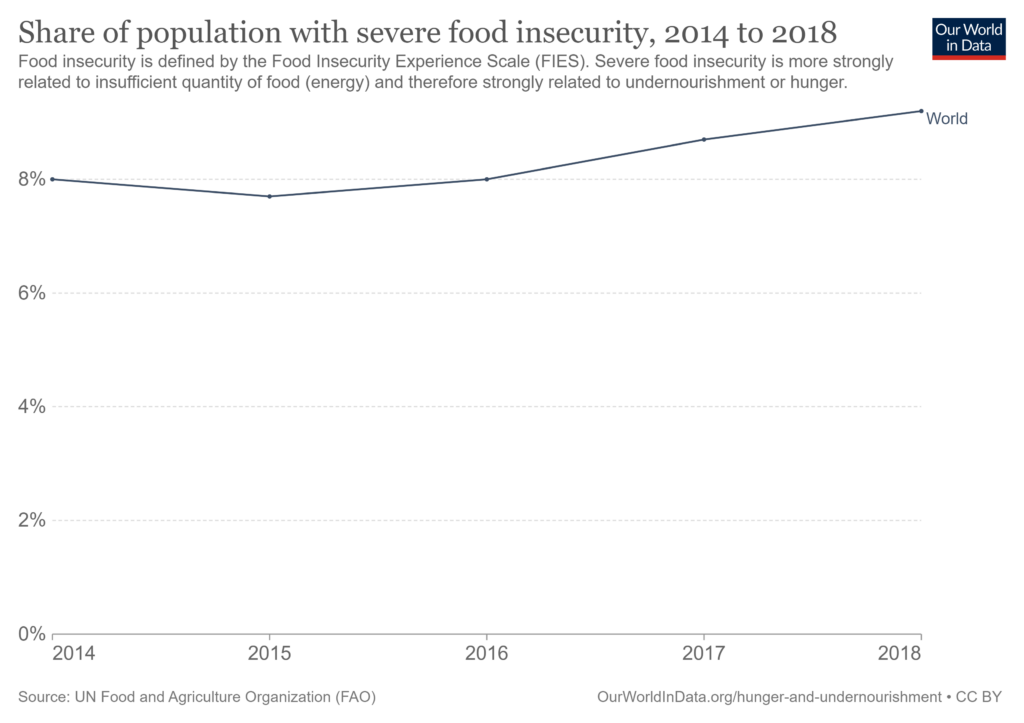
Even before the onset of the COVID-19 Pandemic and the supply chain disruptions that came along with it, severe food insecurity was rising globally with recent geo-political events only making the situation all that more dire. Today, 1 in 10 people globally do not have enough food to eat.
The World Food Programme: Saving Lives, Changing Lives
The WFP has been a global force in the fight against hunger. Coordinating with all-levels of government, from national to local, the organization seeks to save communities from food insecurities through the creation of resilient systems to feed the 1/10 of the global population most in need. With the onset of the Fourth Industrial Revolution, Innovation now plays a greater role than it ever has before.
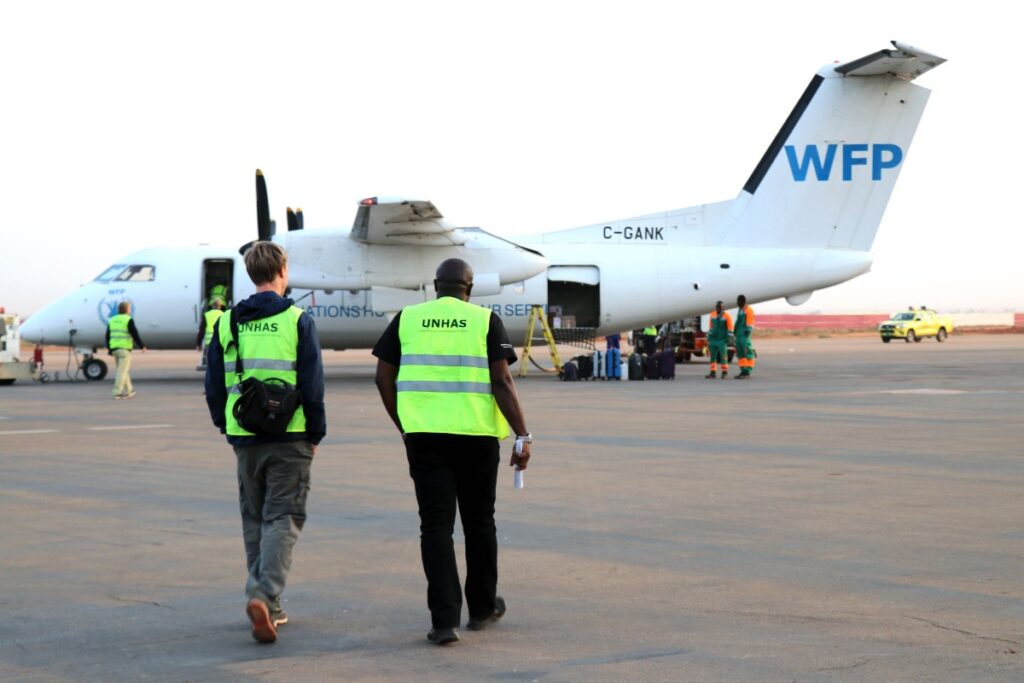
The WFP now engages the forces of technological sophistication and innovation more than it has ever before.
Food for thought: Innovation as a life-saving tool
Spearheading an international framework of innovators, technologists and investors, the WFP works side by side with some of the leading minds of the world in saving future generations from global hunger. Beyond just the minds of the Deep Tech world, the organization also seeks to leverage the most disruptive modern technologies as vital tools in getting the path to a 2030 free of global hunger back on track.
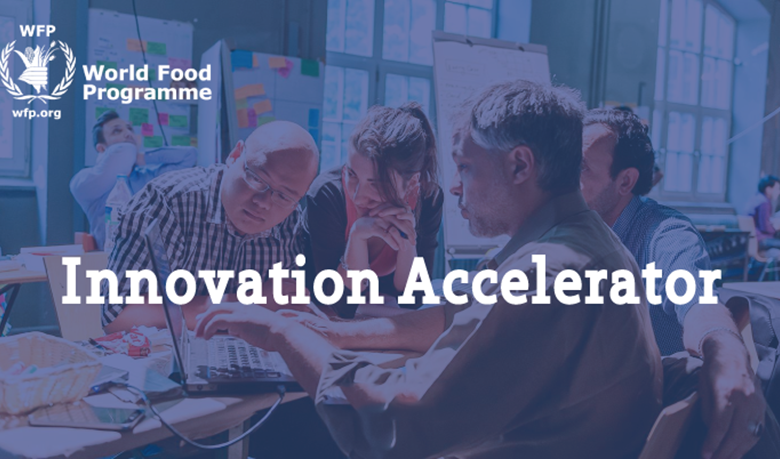
Through a combination of foci such as COVID urban recovery, farming enhancing, capacity building, supply chain rationalization, cash infusions and more, the WFP’s frontier innovation team has identified and utilized a number of new technological fields to lead advances in these areas. Foremost amongst them, one can find projects based in fields such as Blockchain, Artificial Intelligence and Machine Learning.
Blockchain: a logistical and financial life-saver
A revolutionary and widely proliferating technology, Blockchain allows for the creation of robust, resilient and transparent digital infrastructures. With more people having access to smartphones than they do toilets, the WFP has spearheaded several projects leveraging this degree of digital access to save lives and protect high-risk communities in the developing world. These projects include:
Projects for remote working:
EMPACT, cLabs, Appen, Corsali.
The aforementioned EMPACT is a mobile microwork platform that allows anyone on the globe with even a low-end smartphone to safely earn money from home. The transactions are provided securely through stablecoins via Celo.
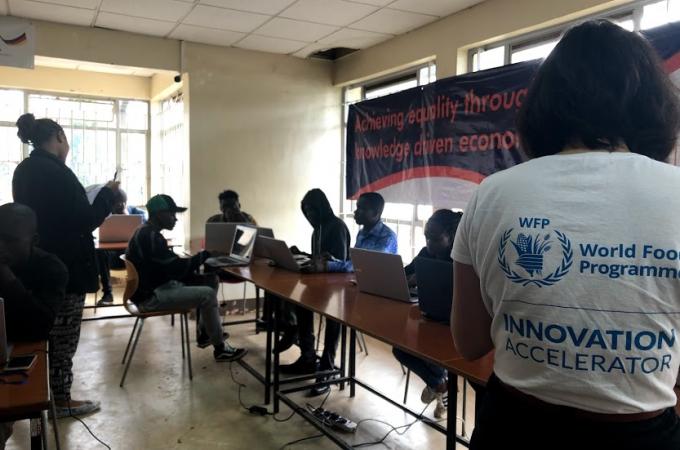
The EMPACT project has already helped 55,000 people in the Middle East, South America and Turkey through micro-work payments.
Community Inclusion Currency:
Sarafu
Incentivizing and enhancing the creation of community-based markets, CIC (Community Inclusion Currency) systems allow for the fostering of micro-economic communities. These communities serve to anchor the local economy, provide a platform for economic growth and allow humanitarian organizations make more informed choices due to the availability of data.
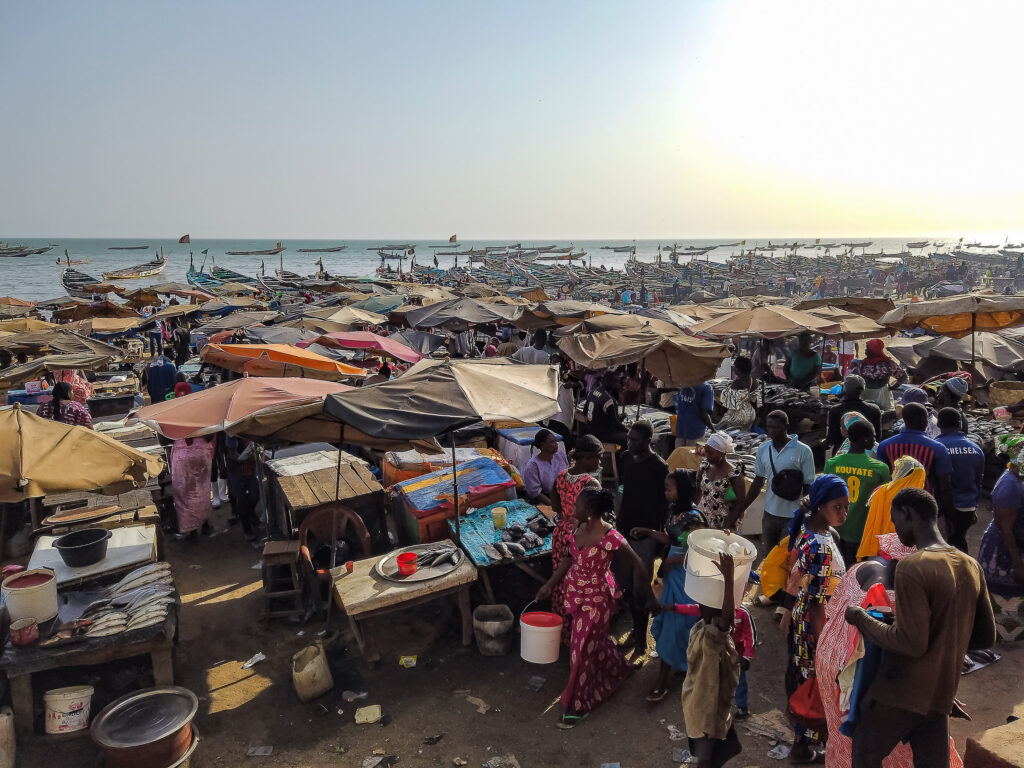
Food traceability:
WFP Procurement
Supporting the impact provided by smallholder farmers, the development of a Blockchain based platform to improve the food procurement process would allow these farmers better access to the markets. Moreover, this project would strengthen the logistical chains, rural economies and food security of entire regions.
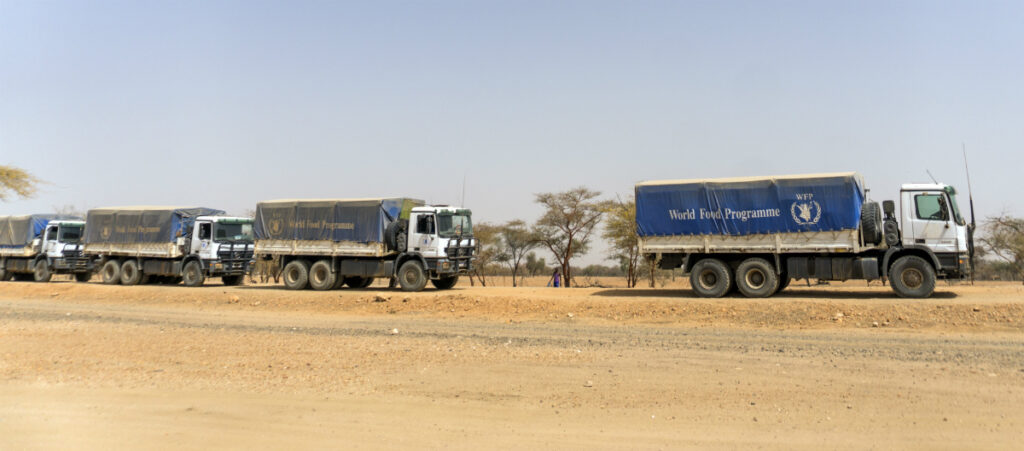
In terms of an analysis of failure, current legacy systems for procurement from smallholder farmers in Kenya often leads to delays and value chain degradation due to the manual coordination between multiple stakeholders. A Blockchain-based system would almost definitely annul this completely.
Building Blocks:
Blockchain-based cash distribution system
Currently the humanitarian sector’s most robust and largest Blockchain network, the beneficiary-focused project maximizes impact by allowing more value to be directed towards the vulnerable. Eliminating intermediaries and allowing for secure digital transmissions, Building Blocks’ Blockchain-based e-wallets have assisted over 1 million refugees in Syria, Bangladesh and Lebanon, processing over $271 million through over 12 million transactions.
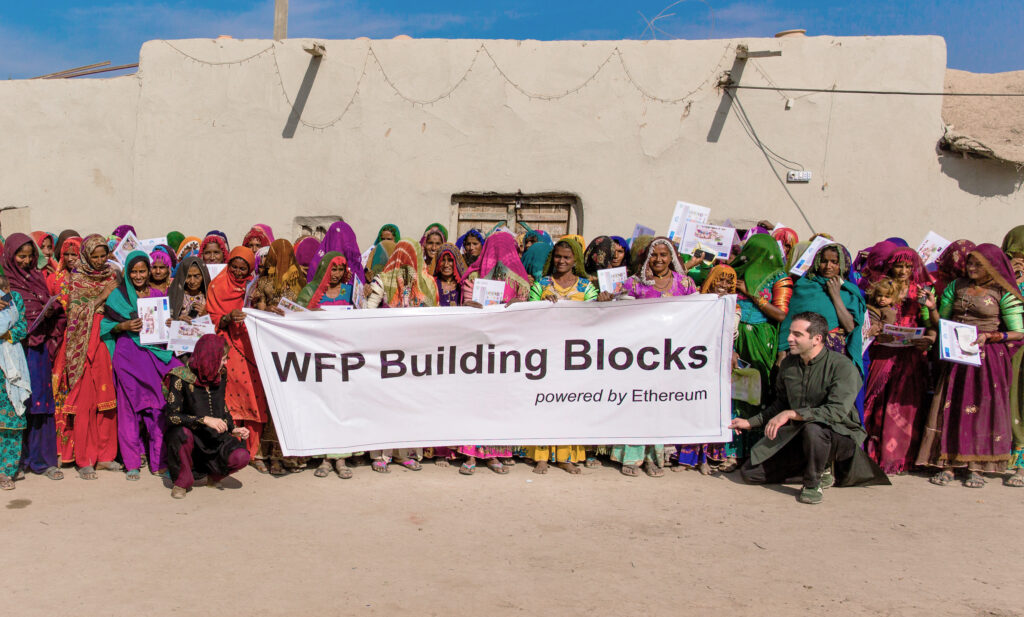
AI and Machine Learning: Life-saving data, one byte at a time
MEZA:
Purpose: AI tool for translating written text to digital data
With most Kenyan medical offices and health centers having little to no access to the internet, field data is often compiled in handwritten accounts. MEZA allows for practitioners to quickly and efficiently decode this handwritten data into a machine readable format so that it may be consolidated into the main government’s databases.
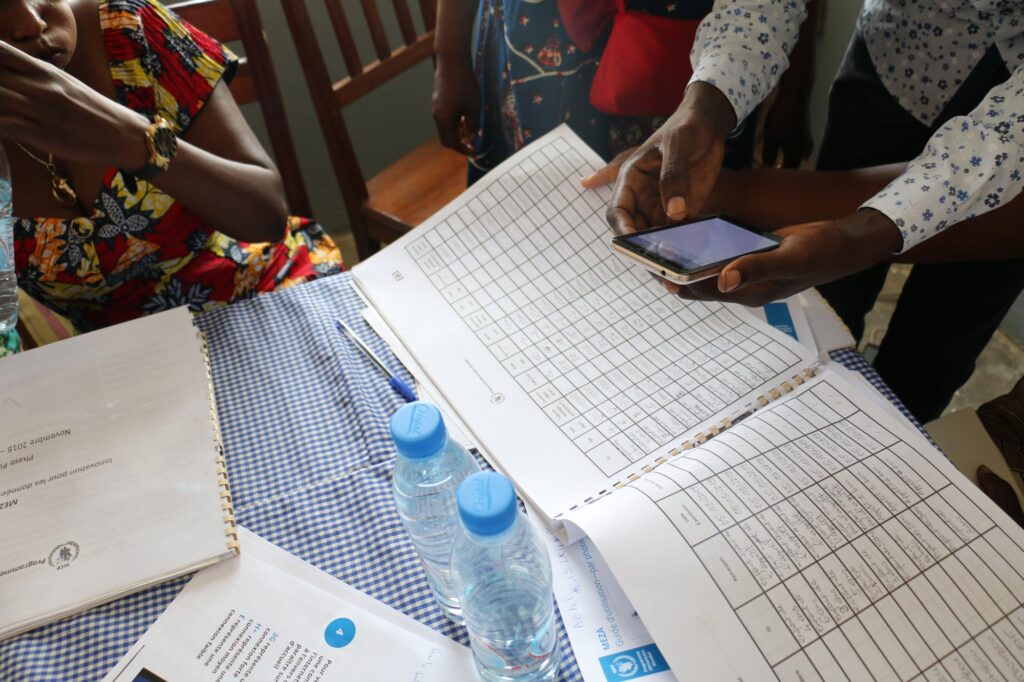
Boomitra/ESA-Agribora:
Purpose: AI satellite-based soil analysis
Soil degradation is a severe threat to small landholders and food security globally. The Boomitra project intends to provide real-time AI and remote sensing-based intelligence to allow farmers to measure data points such as soil moisture, nutrients and carbon levels and action accordingly. This would lead to a reduction on water and nutrient waste by 30% while enhancing soil fertility.
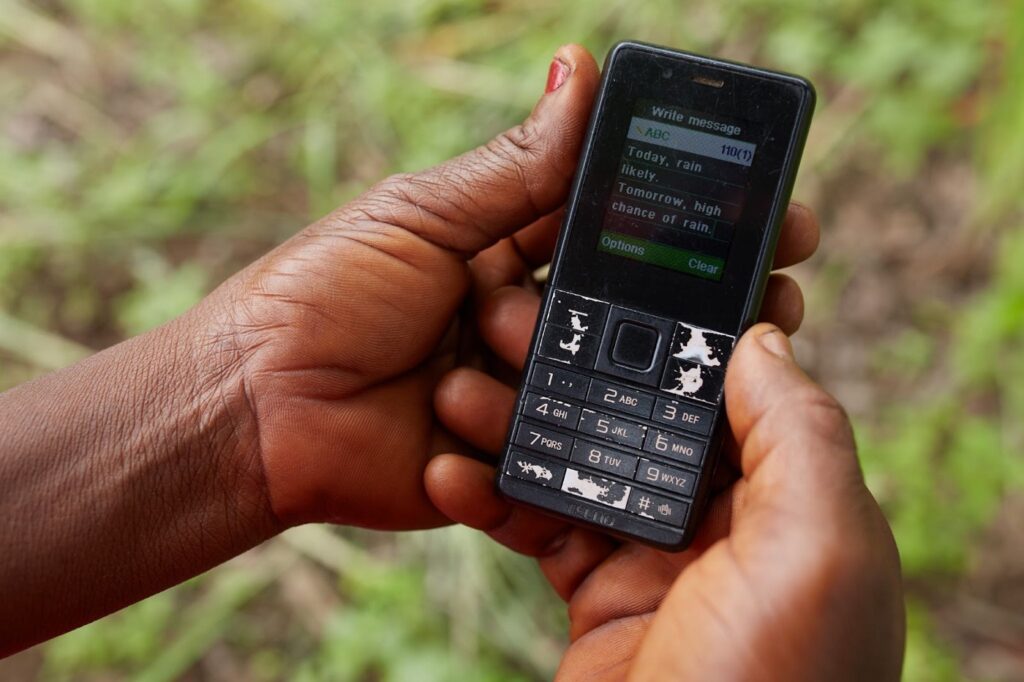
The ESA-Agribora utilizes automated field level monitoring and crop yield estimation through satellite data. These are transmitted to a user-friendly digital platform to further augment the capabilities of smallholders.
PRISM/SKAI/Cloud to Street:
Purpose: Climate hazard detection
Leveraging a mix of real-time satellite information, AI analysis and on-the-ground data dissemination techniques, the Platform for Real-time Impact and Situation Monitoring (PRISM) protects vulnerable communities through the ability to forecast climate hazards.
SKAI uses the same system to analyze in-depth the requirements of impacted areas. This is of vital service for field operations to be able to construct and conduct missions with as much useful data as possible.
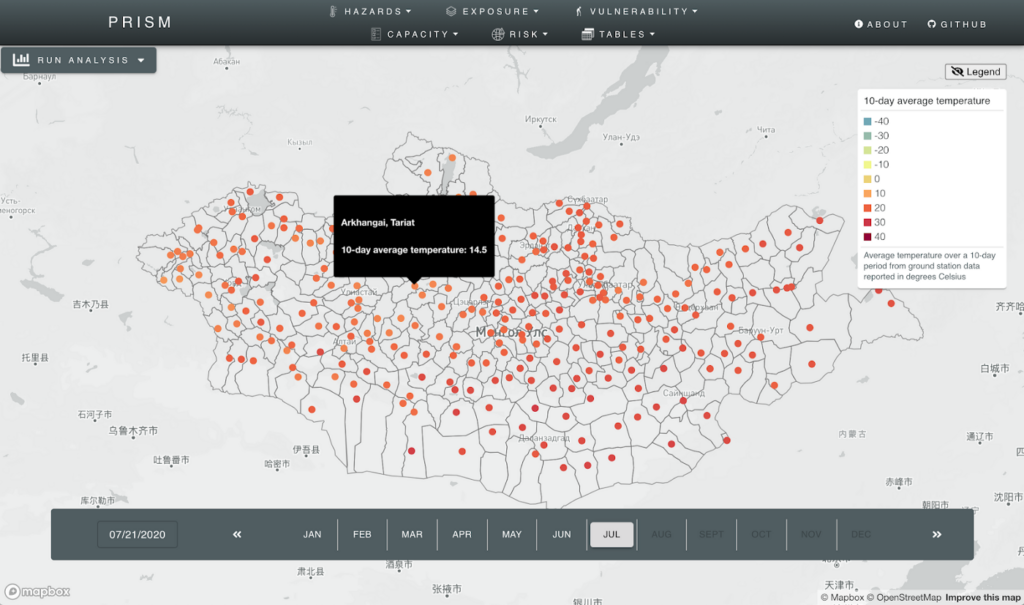
Cloud to Street is a remote sensing platform that uses satellite imagery and cloud computing to identify flood-prone land. In 2020, the program identified over 23,500km² of such land and helped in saving 1.2 million people at risk of being impacted by both seasonal and extreme flooding.
The bright future of saving lives:
With the need to sustain the largest ever global population while our fragile global supply chains are being put under never before seen stress, a pessimist might say that the current arsenal of tools at hand won’t be enough to stop international food insecurity and the chaos that comes with it. This being said, the innovator might say that, while the pessimist’s belief might hold a grain of truth, we can build new tools to not only combat this trend but surpass it altogether.
For more content exploring the capacity of emerging tech to tackle real life issues, including other examples of Blockchain and AI, follow the AIBC Summit’s official YouTube channel.






